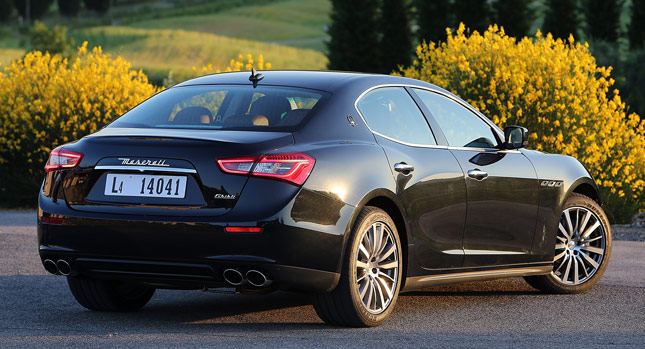Europe may love the diesel engine more than any other continent, but that doesn’t mean Rudolf Diesel’s invention will have it easy in the future. Leading automotive engineers believe that the domination of diesel engines in Europe’s new car market may end before 2020.
Increasingly stricter emissions regulations and, subsequently, the high cost of new-generation anti-pollution technology, will make diesel engines much more expensive in the future. Furthermore, diesel fuel is likely to become more expensive as well, while petrol engines will get more frugal.
Ford of Europe’s head of product development Joe Bakaj said meeting Euro 6 and Euro 7 norms will be a major problem for diesel engines, as would the possibility of a reduction in petrol refining capacity in Europe. If that happens, the price of diesel will go up, as the fuel is a by-product of the petrol refining process.
“There’s also the cost of exhaust after-treatment systems for the upcoming EU6.1 and EU6.2. The latter has more onerous limits on emissions of NOx and particulates. It is much cheaper to get petrol engines through EU6.2; with diesel engines we need technology such as selective catalyst reduction systems, and costs increase again with heavier vehicles,” Bakaj was quoted as saying by Autocar magazine.
He added that he expects petrol engine technology to narrow the gap with diesel on a cost per fuel consumption basis. All these point out to the conclusion that the future of the diesel engine doesn’t look too bright. However, technological breakthroughs are always possible.
Diesel cars are very popular in Europe, making up 70 percent of the new cars sold in Spain and France, compared to 50 percent in the UK. The European Union average is 55 percent.
By Dan Mihalascu
PHOTO GALLERY








